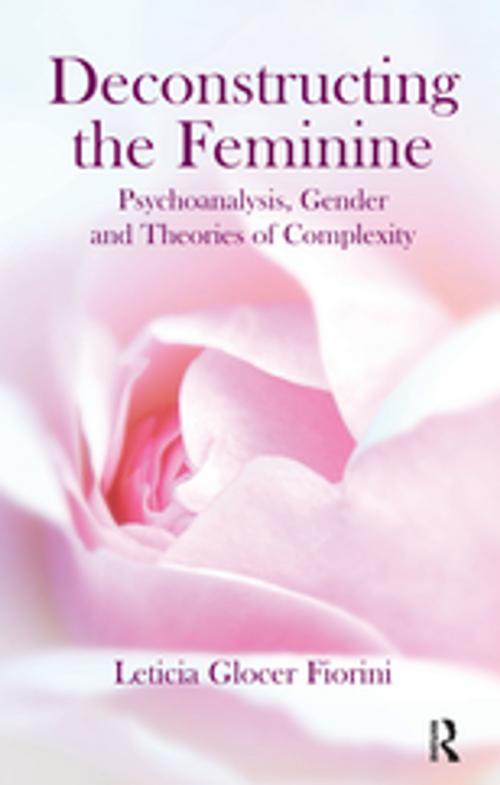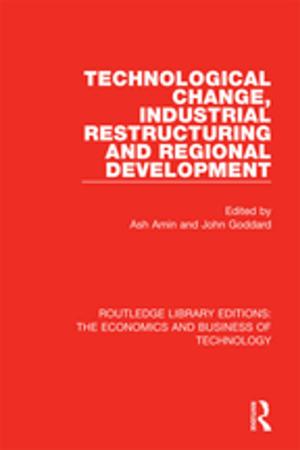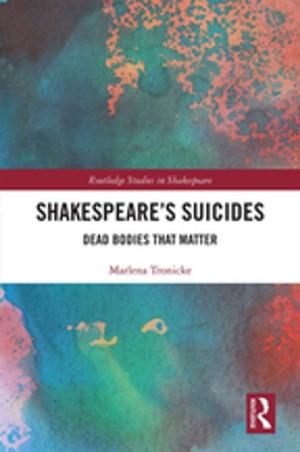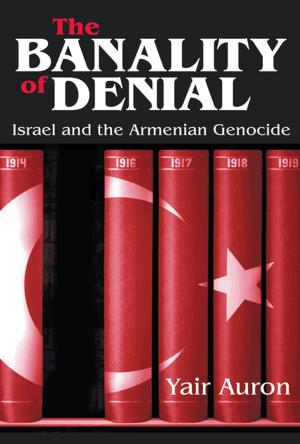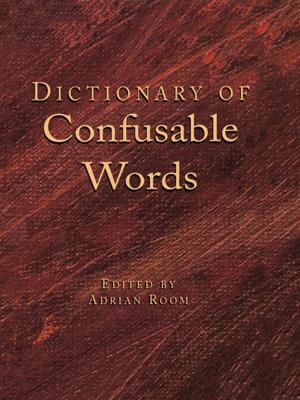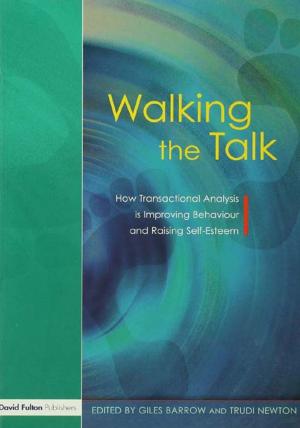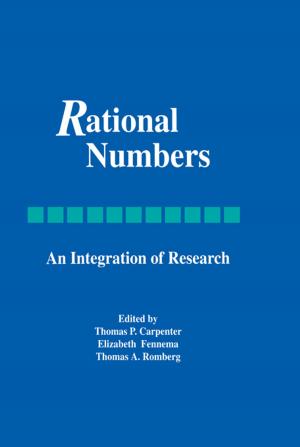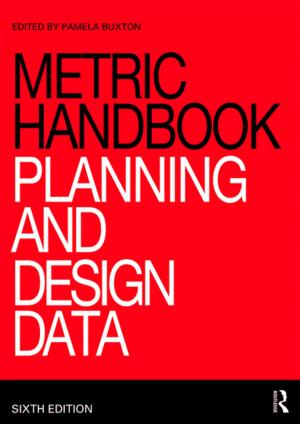Deconstructing the Feminine
Psychoanalysis, Gender and Theories of Complexity
Nonfiction, Health & Well Being, Psychology, Mental Health| Author: | Leticia Glocer Fiorini | ISBN: | 9780429912597 |
| Publisher: | Taylor and Francis | Publication: | March 26, 2018 |
| Imprint: | Routledge | Language: | English |
| Author: | Leticia Glocer Fiorini |
| ISBN: | 9780429912597 |
| Publisher: | Taylor and Francis |
| Publication: | March 26, 2018 |
| Imprint: | Routledge |
| Language: | English |
The guiding thread of this theoretical review is the illumination of the impasses of binary thought and of the essentialist conceptions of women and the feminine. In this trajectory, the author's ongoing dialogue with Freud is connected with one aspect of his way of thinking: multicentred and complex. The text addresses questions relating to love, sexual desire, maternity, beauty and the passing of time and highlights current debates concerning women, the feminine, and sexual difference as well as some controversial topics that have been discussed throughout the history of the psychoanalytic movement. One of the most relevant subjects is the notion of 'feminine enigma' and the conceptions of the feminine as the negative of the masculine, which means going into the nature-nurture debate, as well as into considerations of the feminine seen as the other of the masculine. The author points out that the notion of 'feminine enigma' is a displacement of the enigmas inherent to the origins, to the finite time of life (the inevitability of death) and to sexual difference.
The guiding thread of this theoretical review is the illumination of the impasses of binary thought and of the essentialist conceptions of women and the feminine. In this trajectory, the author's ongoing dialogue with Freud is connected with one aspect of his way of thinking: multicentred and complex. The text addresses questions relating to love, sexual desire, maternity, beauty and the passing of time and highlights current debates concerning women, the feminine, and sexual difference as well as some controversial topics that have been discussed throughout the history of the psychoanalytic movement. One of the most relevant subjects is the notion of 'feminine enigma' and the conceptions of the feminine as the negative of the masculine, which means going into the nature-nurture debate, as well as into considerations of the feminine seen as the other of the masculine. The author points out that the notion of 'feminine enigma' is a displacement of the enigmas inherent to the origins, to the finite time of life (the inevitability of death) and to sexual difference.
